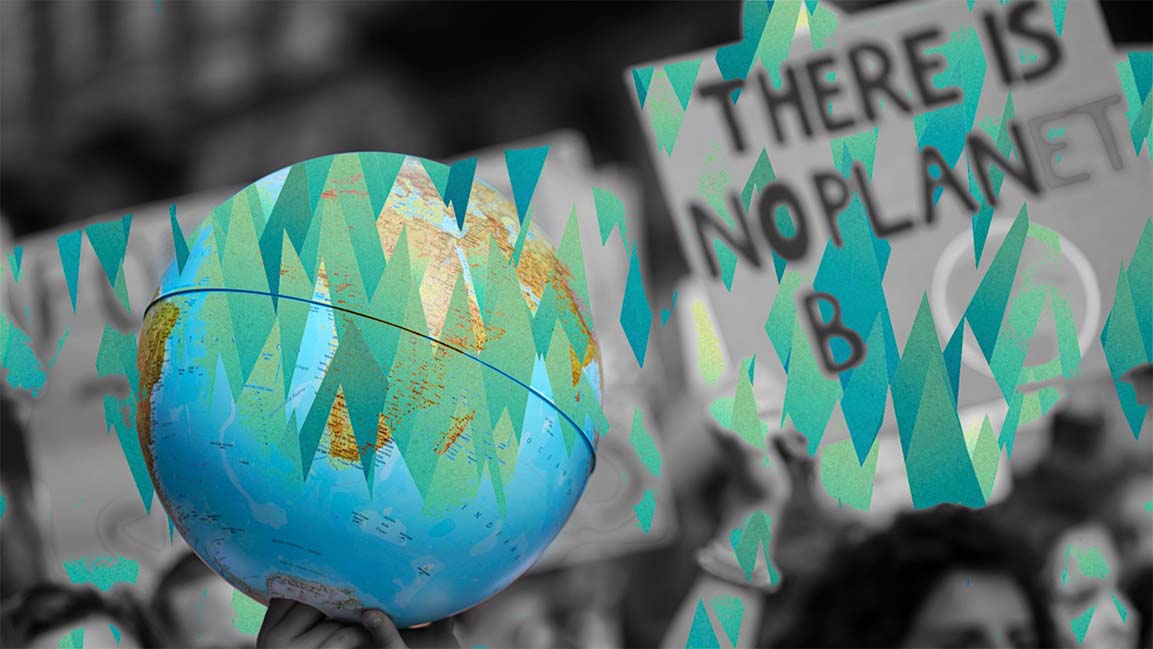- | 4:00 pm
A new report highlights gap between climate ambition and action in Middle East youth
The Global Youth Outlook by PwC encapsulates how youth can be engaged in the SDGs to build a more sustainable future.

With the region’s sustainability efforts in full swing and the halfway point on the 2030 Agenda fast approaching, PwC Middle East recently launched a global survey capturing the voices of youth under the age of 20 toward the UN Sustainable Development Goals (SDGs).
The report, titled, The Global Youth Outlook, explores the perceptions of the youth on the SDGs and the extent to which government, business, academia, and multilateral organizations support them.
The report surveyed approximately 700 children and young adults between the ages of 10 to 20, with most of the respondents (42%) between the ages of 14 –16, from 81 cities across the world, with the Middle East representing (44%) the largest region of respondents to the survey.
“Our latest survey’s results capture youth’s optimism to actively shape a new collective, sustainable future. However, with 1/3 of the respondents indicating that they are unsure as to how to actively support the Goals, the onus is on us, as businesses, organizations, governments, and even communities, to provide appropriate avenues for young people to access information and support the SDGs” Commenting on the survey’s results, Rami Nazer, Global Government & Public Services Advisory Leader, PwC Middle East, said.
The survey also encapsulates how youth can be engaged in the SDGs to build a more sustainable future. The survey’s key finding is that most participants are actively engaged — or plan to engage — around the SDGs, with the majority prioritizing the SDGs on clean water and sanitation, climate change, and zero hunger as the most significant issues. Hence, 73% of the survey respondents identified SDG 6: Clean Water & Sanitation as “most important, ” 72% identified SDG 13: climate action as ” extremely important, ” and 69% chose SDG 2: zero hunger as “extremely important.”
“Not only is our region one of the most vulnerable in the world to the impact of climate change due to the dual threats of water scarcity and food security, but we also have one of the highest youth demographics. The time has come to capitalize on the energy of our region’s youth and use it as a driving force towards realizing our global goals and ambitions,” Nazer added.
































